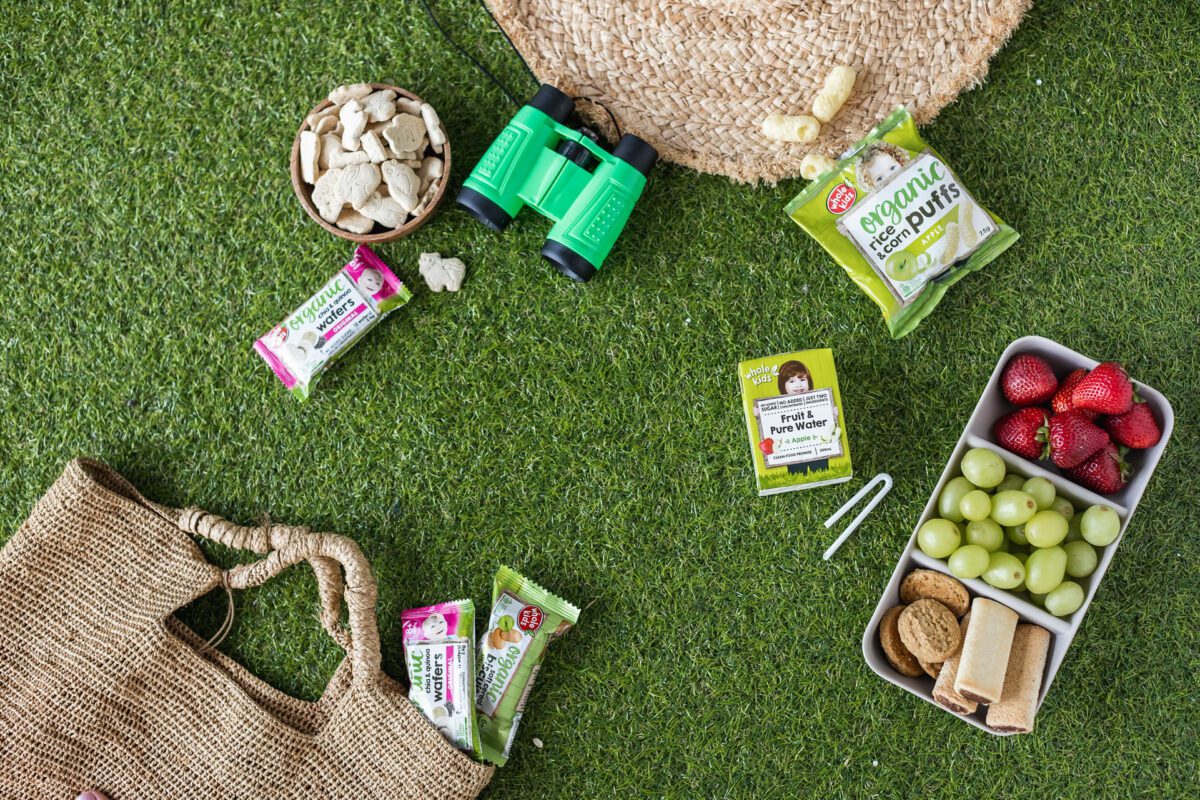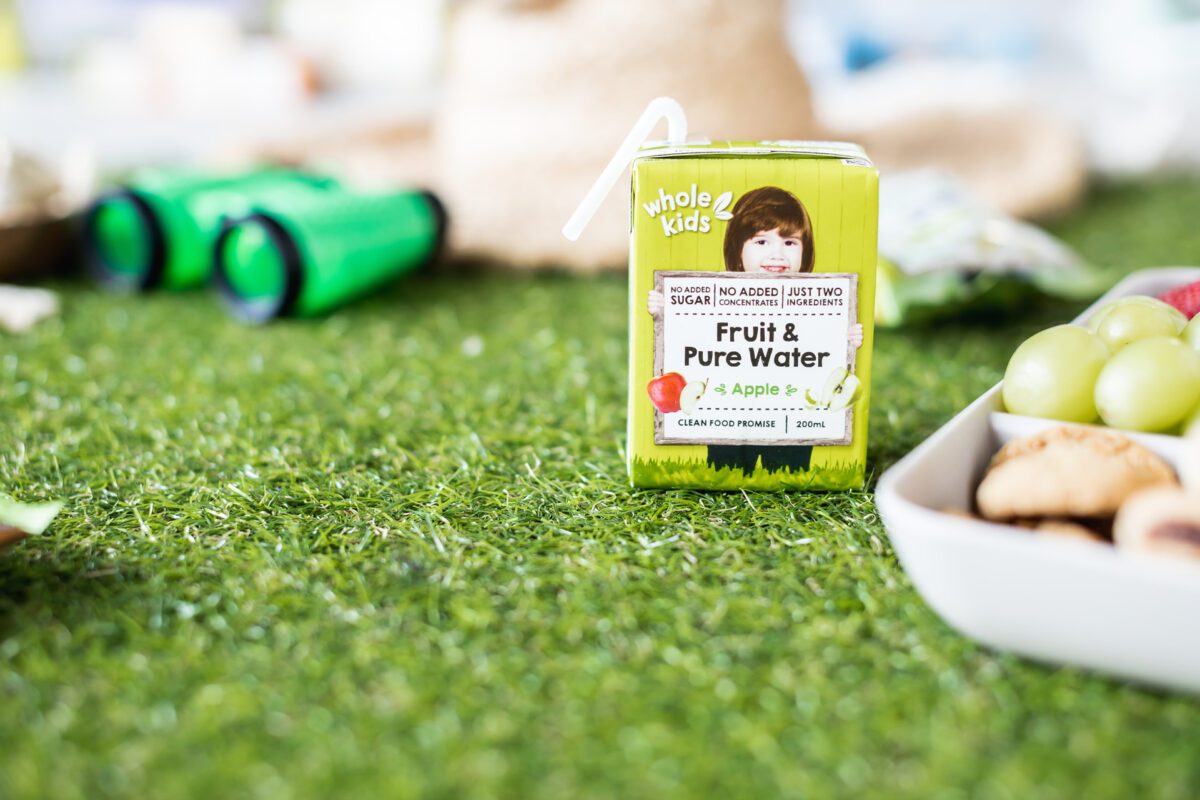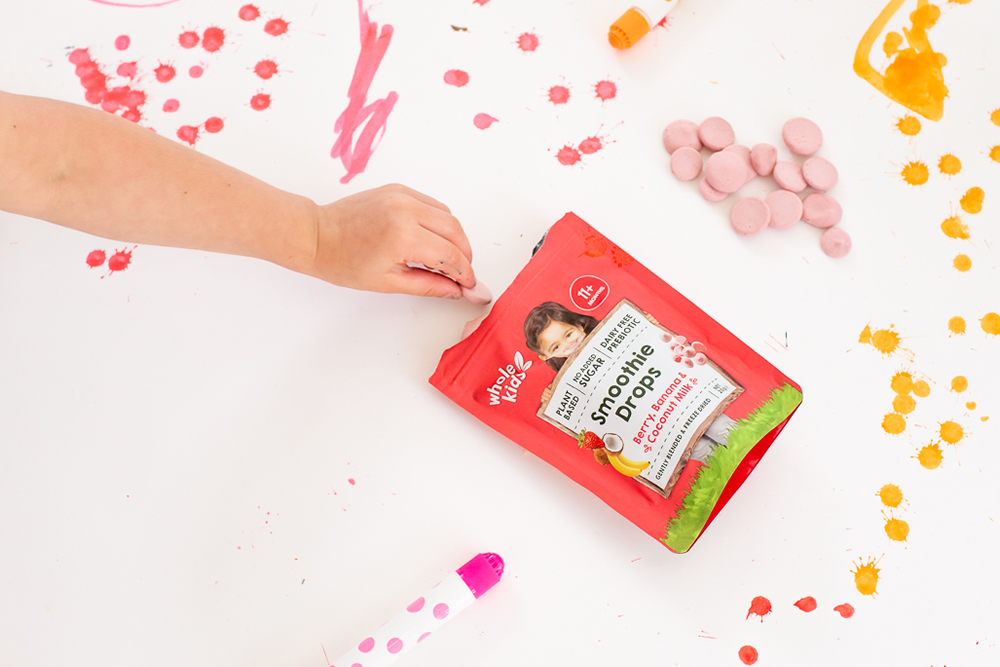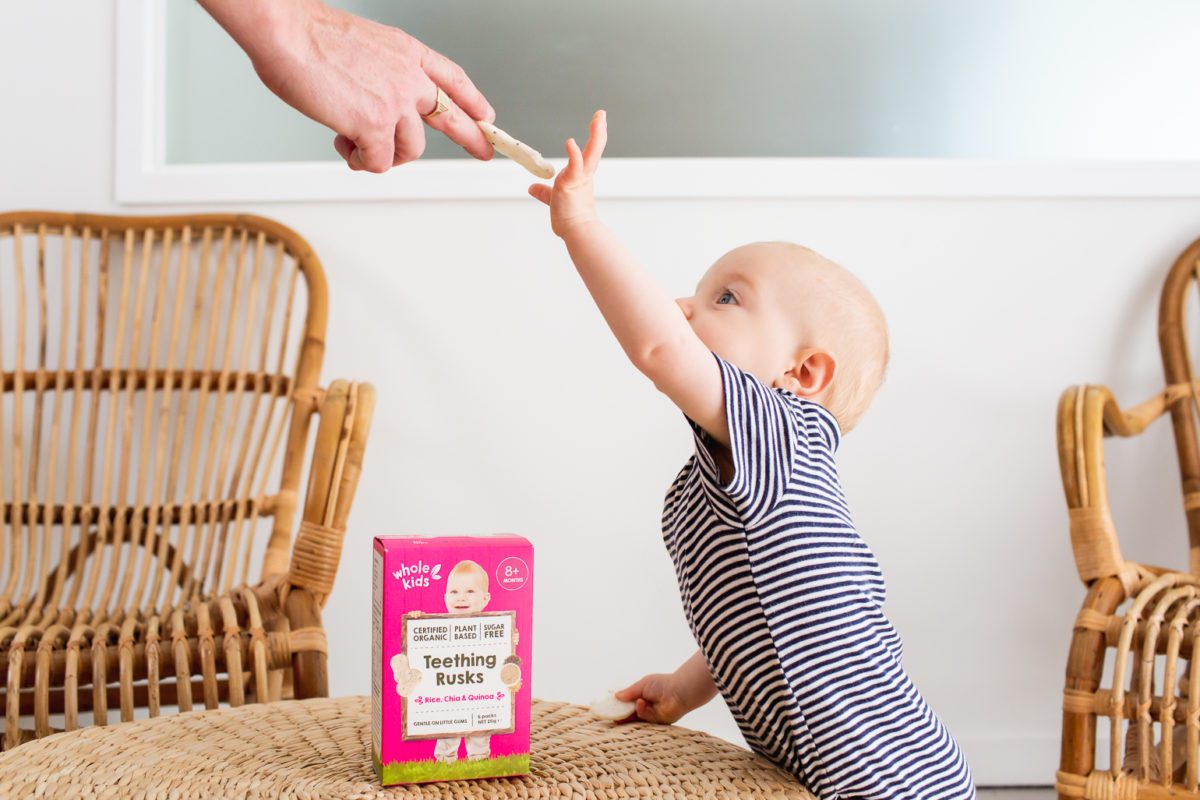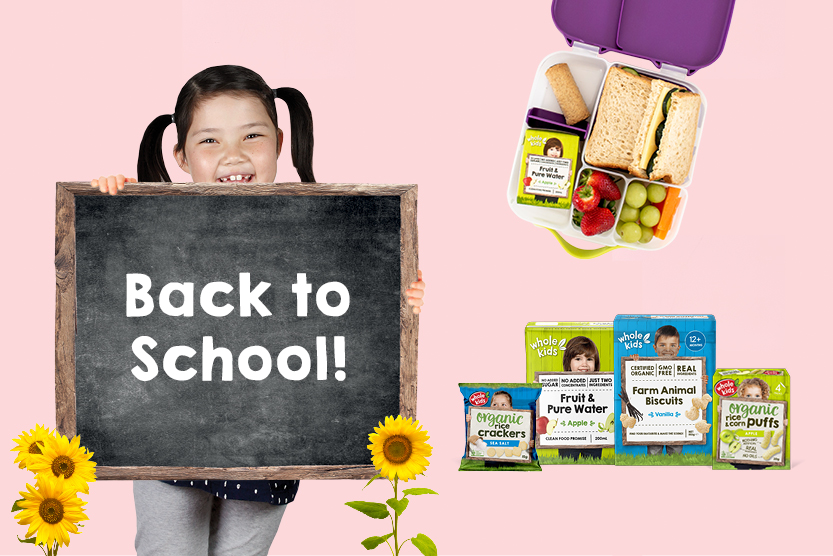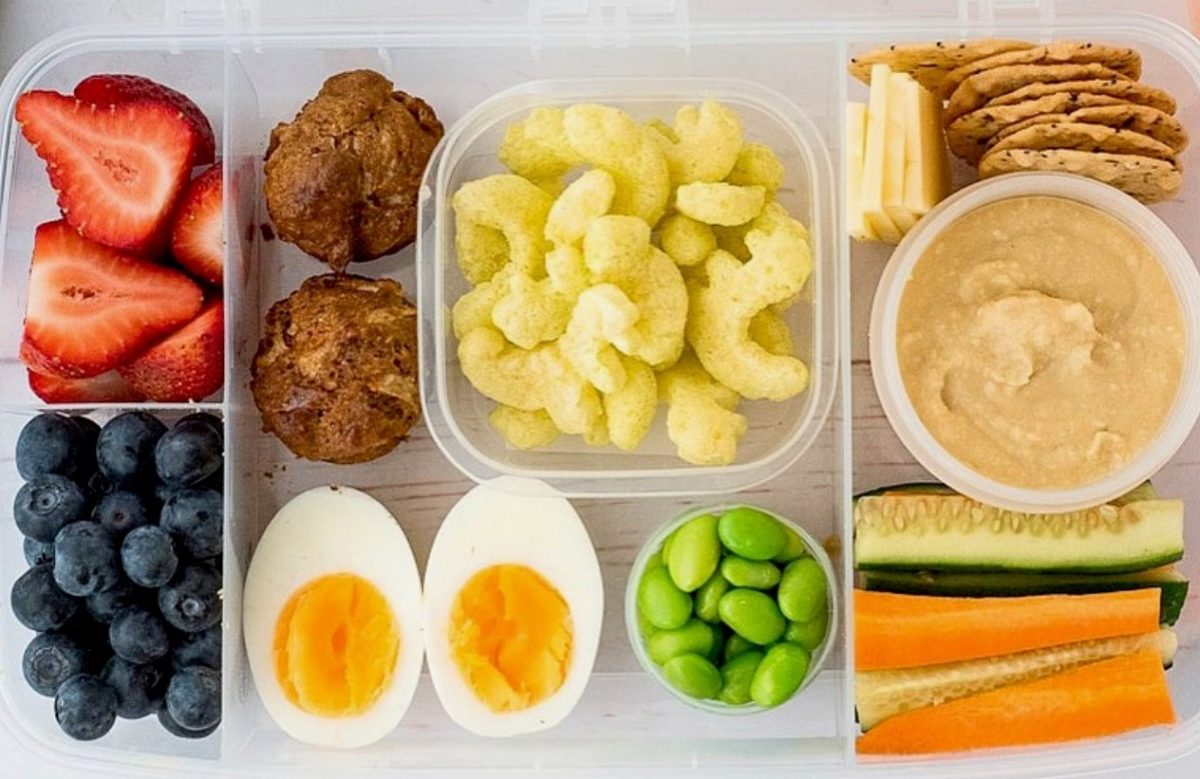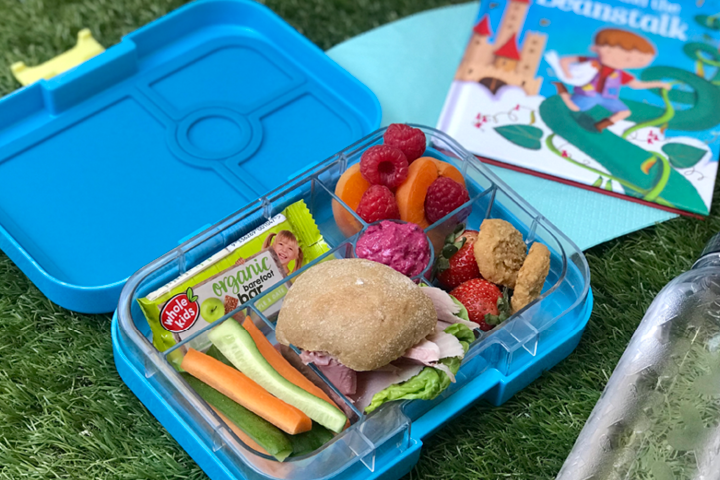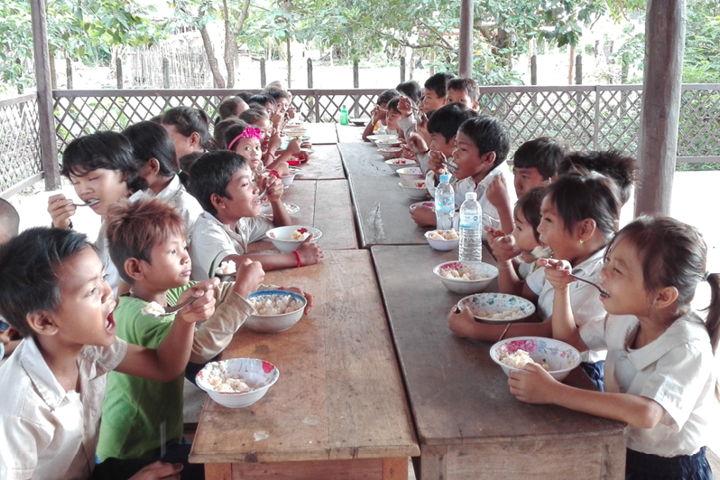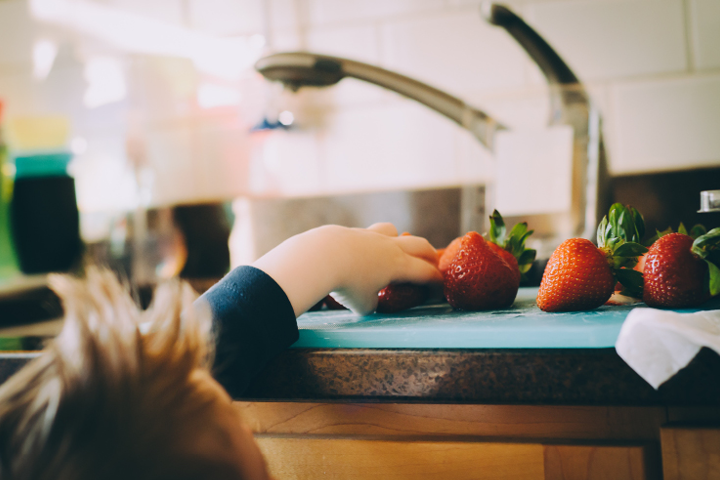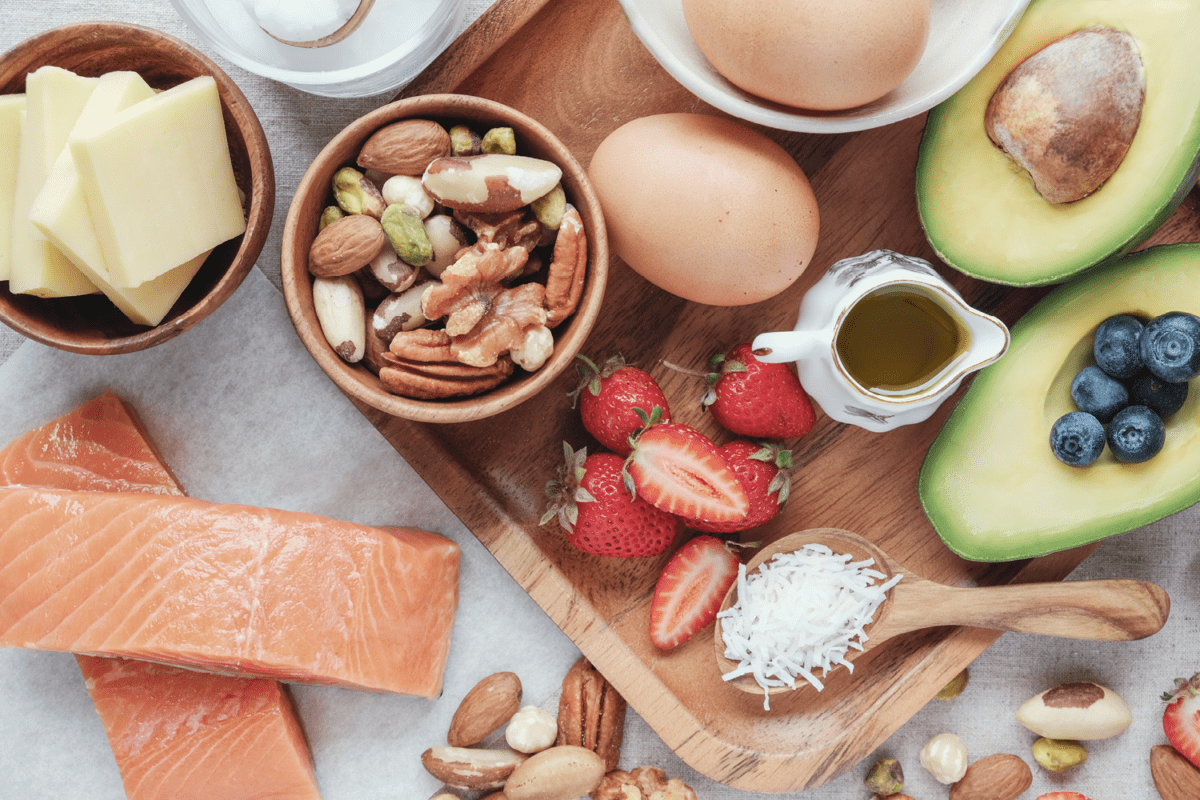For adults’ food choices are quite simple: if we don’t like it, we don’t eat it. For children who are unable to articulate what, and why, they don’t like a particular food it is not as easy.
As we mentioned in our last article on how to incorporate fruit and vegetables into children’s diets, we all know about their nutritional benefits, however, getting your children eat them is sometimes a lot easier said than done. Sarah Jane Meldrum has kindly provided some great thoughts on what parents can do to encourage healthy eating and mealtime behaviour, which are highlighted below.
From about 12 months of age, children can develop a neophobic response to food. That is, they are wary of anything new or something that may look different to the usual way food is presented to them. Repeated exposure to a new food and positive role modelling from parents will inevitably encourage your ‘fussy’ toddler to at least try a new food and ultimately accept it into their repertoire of food that they like. The good news is that most toddlers grow out of this so called ‘fussy’ eating stage.
However, in case you are experiencing this ‘fussy’ eating stage, Sarah Jane has provided some top thoughts on what parents can do to encourage healthy eating and mealtime behaviour. The 9 ‘P’s!
Positive
Mealtimes should be a positive and social activity, sit down together at the table and model your own eating for your toddler to see.
Presentation
Be aware of how you present foods to your toddler/child; does it look inviting to eat and does it encourage opportunities for independence e.g. by offering the chance to self-serve.
Pressure
Allow your toddler/child to eat without any pressure. As pressure can, in turn, make mealtimes and food a negative experience.
Patience
Be patient when offering new foods to your toddler/child. It may take quite a few attempts before they are willing to try it.
Preparation
Allow your toddler/child to help in the preparation of meals and snacks. For example, grow your own veggies or herbs which can be incorporating into different eating occasions.
Perturbed
Try not to be put off by your toddler/child’s behaviour around food and refrain from making it a huge issue.
Peaceful
Mealtimes and anything to do with food should be a peaceful engaging time for social interaction and positive relationships with food.
Plate
When presenting a meal offer your child a lot of what they do like and will eat, when introducing a new food.
Praise
Lots of it!
About the Author:
Sarah Meldrum is an advisor to Whole Kids. A Mothercraft nurse with a Post Graduate degree in Pre and Post-natal Support, as well as a Master’s degree in Infant Mental Health. Sarah has over 30 years’ experience in family daycare, in home care, children’s protection and mother baby unit (sleep school). With two children of her own Sarah’s approach focuses mainly on developing the parent-child relationship, empowering parents and children and providing a safe and secure environment for both parents and children to thrive.

